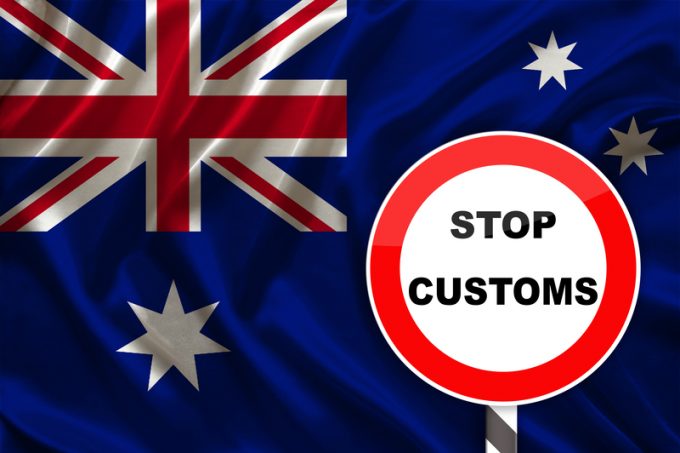Tradelanes: ro-ro, the backbone of UK-Europe commerce
The 5 June launch of the UK government’s ports policy overhaul – with proposals to ...

Australia’s “disastrous” implementation of a new customs system in 2005 bears marked similarities with the UK approach to post-Brexit customs, which could lead to months of delays, experts have warned.
A source familiar with Australian logistics history told The Loadstar that, just as the UK government ...

Comment on this article